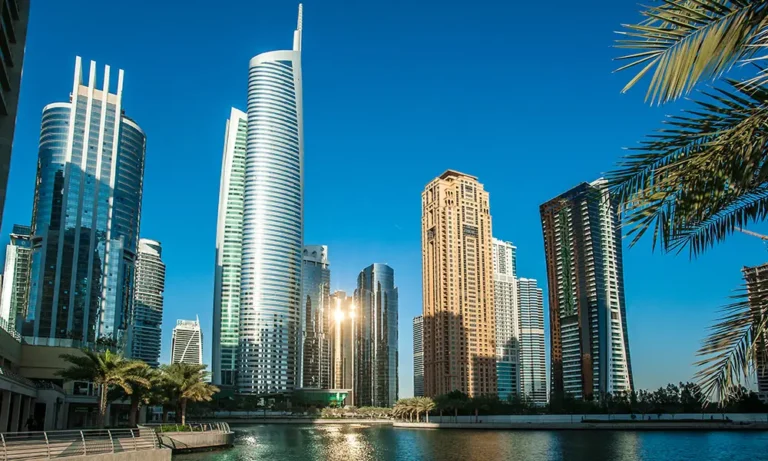The landscape of global trade is rapidly evolving, and free trade zones (FTZs) play a pivotal role in this transformation. As global economic hubs, these zones offer businesses a favorable environment to thrive by providing tax incentives, simplified customs procedures, and access to international markets. The concept of a free trade zone in UAE, in particular, has become synonymous with growth, innovation, and economic diversification. As we look to the future, several trends and predictions are set to shape the evolution of these zones, making them even more crucial for businesses looking to expand their global footprint.
The Rise of Digital Trade Zones
One of the most significant trends shaping the future of free trade zones in UAE is the shift towards digitalization. As e-commerce continues to grow, the demand for digital trade zones is increasing. These zones cater specifically to the needs of online businesses, offering tailored services such as streamlined digital customs processes, digital payment gateways, and robust cybersecurity measures. By embracing digitalization, these zones not only enhance efficiency but also attract a new wave of tech-savvy entrepreneurs and global companies looking to establish a foothold in the Middle East.
Sustainability and Green Initiatives
In the coming years, sustainability will be a key focus for free trade zones in UAE. As global awareness of environmental issues grows, businesses and governments are increasingly prioritizing green initiatives. Free trade zones are expected to integrate sustainability into their operations by promoting eco-friendly practices, such as energy-efficient infrastructure, waste reduction programs, and the use of renewable energy sources. These efforts will not only reduce the environmental impact but also attract environmentally-conscious businesses looking to align with global sustainability standards.

Enhanced Regulatory Frameworks
Another prediction for the future of free trade zones in UAE is the enhancement of regulatory frameworks. As global trade becomes more complex, there is a growing need for clear, consistent, and transparent regulations. Governments and zone authorities are likely to introduce more sophisticated legal frameworks that simplify business operations while ensuring compliance with international trade laws. This will make free trade zones more attractive to multinational corporations, offering them a secure and predictable environment for their investments.
Integration of Smart Technologies
The integration of smart technologies is set to revolutionize the way free trade zones in UAE operate. From AI-driven logistics solutions to blockchain-based supply chain management, these technologies will enhance efficiency, transparency, and security within the zones. Smart technologies will enable real-time tracking of goods, automate customs procedures, and provide businesses with valuable data insights, allowing them to make informed decisions and optimize their operations. As a result, these zones will become more competitive on a global scale, attracting a diverse range of industries.
Expansion of Sector-Specific Zones
Sector-specific free trade zones are likely to become more prevalent in the future. These zones are designed to cater to the unique needs of specific industries, such as technology, healthcare, or manufacturing. By offering specialized infrastructure, services, and incentives, these zones create an ecosystem that fosters innovation and collaboration within the industry. The expansion of sector-specific zones will attract niche businesses and encourage the development of new industries within the UAE, further diversifying the economy.
Increased Focus on Talent Development
As the business landscape evolves, the need for skilled talent becomes increasingly important. Free trade zones in UAE are expected to place a greater emphasis on talent development in the future. This includes partnerships with educational institutions, offering training programs, and creating initiatives to attract and retain skilled professionals. By investing in talent development, these zones will ensure that businesses have access to the expertise needed to thrive in a competitive global market.
Conclusion
The future of free trade zones in UAE is bright, with numerous trends and predictions pointing towards continued growth and innovation. As these zones embrace digitalization, sustainability, smart technologies, and enhanced regulatory frameworks, they will become even more attractive to businesses looking to expand their global reach. Sector-specific zones and a focus on talent development will further strengthen their position as key drivers of economic diversification in the region. For businesses considering expansion, the opportunities within these free trade zones are vast, making them a critical component of any global strategy.


Comments are closed.